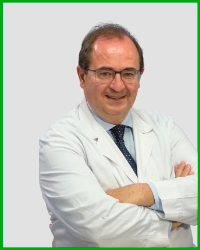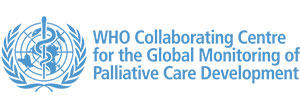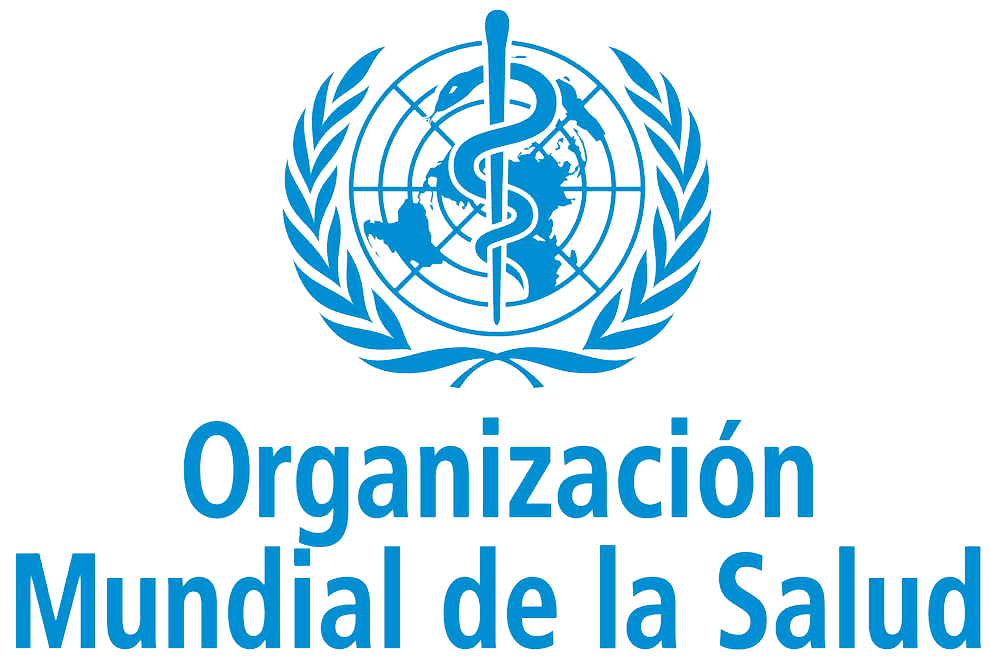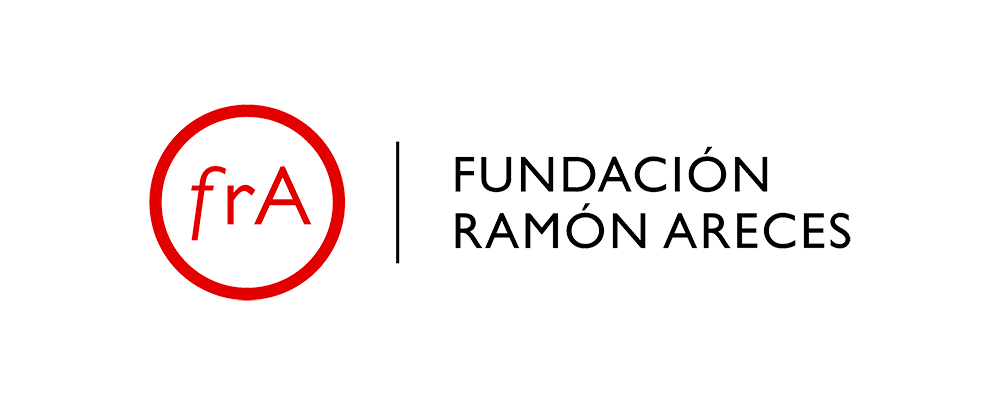Palliative Medicine. research. Strategy 2025. University of Navarra
PRESENTATION
With its research in Palliative Medicine, the University of Navarra seeks to disseminate the positive and highly humane values of palliative care in society and among professionals.
|
|
From 2022, Atlantes Global Observatory of Palliative Care is partner centre of the WHO for the monitoring of development of palliative care. |
Mission, vision and values
Our mission statement is to consolidate the science of palliative medicine and make the University of Navarra a world leader in this field discipline.
We believe it is possible to transform the experience of serious illness. The vision we share is a world in which those who suffer intensely from serious illness receive person-centred care, with pain and symptom relief, and the emotional and spiritual support they need. This is achieved through a positiveapproach of palliative medicine, centred on the needs of the sick and seeking to alleviate severe suffering in its deepest sense.
The specific objectives of this line of work are:

Launch a Global Palliative Care Observatory that presents programs of study and international and national reports of high scientific value.

Contribute to the development of more palliative care programmes for all who need them, through appropriate health policies, the use of essential medicines for the relief of pain and other symptoms and the Education of future health professionals, and by encouraging the involvement of society in the care of people with advanced illness.

To consolidate the University's leadership and prestige by contributing scientific and professional solutions to end-of-life social challenges, working at network with organisations and institutions with similar objectives.
Who benefits from our work?
Globally, 61 million children and adults are experiencing suffering due to illness. Only 14% of them have access to palliative care. These data urge the research, promotion and implementation of palliative medicine as an indispensable medical specialization program in the face of serious illness or at the end of life.
In this way, palliative medicine can benefit large sections of society:
- The patients and their accompanying families: a holistic approach is promoted, which not only tries to alleviate physical suffering, but also psychological and spiritual suffering, also accompanying the patient's family.
- Healthcare professionals: will have the resources, skills and knowledge necessary to effectively treat their patients.
- Researchers and academics: more material will be available at research and in depth, as well as knowledge and skills.
- Governments and policy makers: will have the necessary information to promote public health policies from agreement to the specific needs of their regions.
- Civil society and associations: will benefit from the information and knowledge generated.
COORDINATOR SCIENTIFIC

Carlos Centeno Cortés
ccenteno@unav.es
948 425 600 Ext: 803431
RESEARCHERS
More than 30 people are currently researching palliative care at the University of Navarra, with a global vision of subject, which is approached from different disciplines. The line is part of the ICS, and collaborates especially with Schools such as Medicine, Nursing, Education and Psychology, speech and Economics, among others, and the centres Clínica Universidad de Navarra and DATAI, as well as the high school Core Curriculum .
Responsible for the study topics:
INTANGIBLE VALUES

María Arantzamendi Solabarrieta
marantz@unav.es
DEVELOPMENT GLOBAL

Carlos Centeno Cortés
ccenteno@unav.es
THE MESSAGE

Carla Reigada
creigada@unav.es
21 | 11 | 2022
ATLANTES researchers participate in the initial meeting of a program to ensure continuity of care for advanced cancer patients at home.
ImagenCeded
14 | 11 | 2022
An ATLANTES researcher from ICS, awarded by the Latin American Palliative Care association
ImagenCeded
02 | 11 | 2022
"Communication technologies facilitate the expression of gratitude from patients and families to palliative care professionals and are a sample of the caring relationship created"
ImagenManuel Castells
10 | 10 | 2022
"The future of palliative care goes through a mandatory training on the Schools"
ImagenManuel Castells
23 | 06 | 2022
Half of the world's population will need palliative care for severe and end-of-life conditions by 2060
ImagenIsabel Solana
ODS
The SDGs, adopted globally, chart the way forward to end poverty, protect the planet and work towards peace and prosperity for people.
The project 'Palliative Medicine' wants to contribute especially to the objectives "Health and Well-being", "Education quality", "Gender Equality", "Industry, Innovation and Infrastructure", "Peace, Justice and Strong Institutions" and "Partnerships to Achieve the Goals".
![]()
![]()
![]()

![]()
![]()
INDICATORS
- Academic output on the SDGs.
- Revenues from research, collected and settled, from private and public, domestic and international sources.
- Patents originated by the University.
- Sustainably sourced startups.








